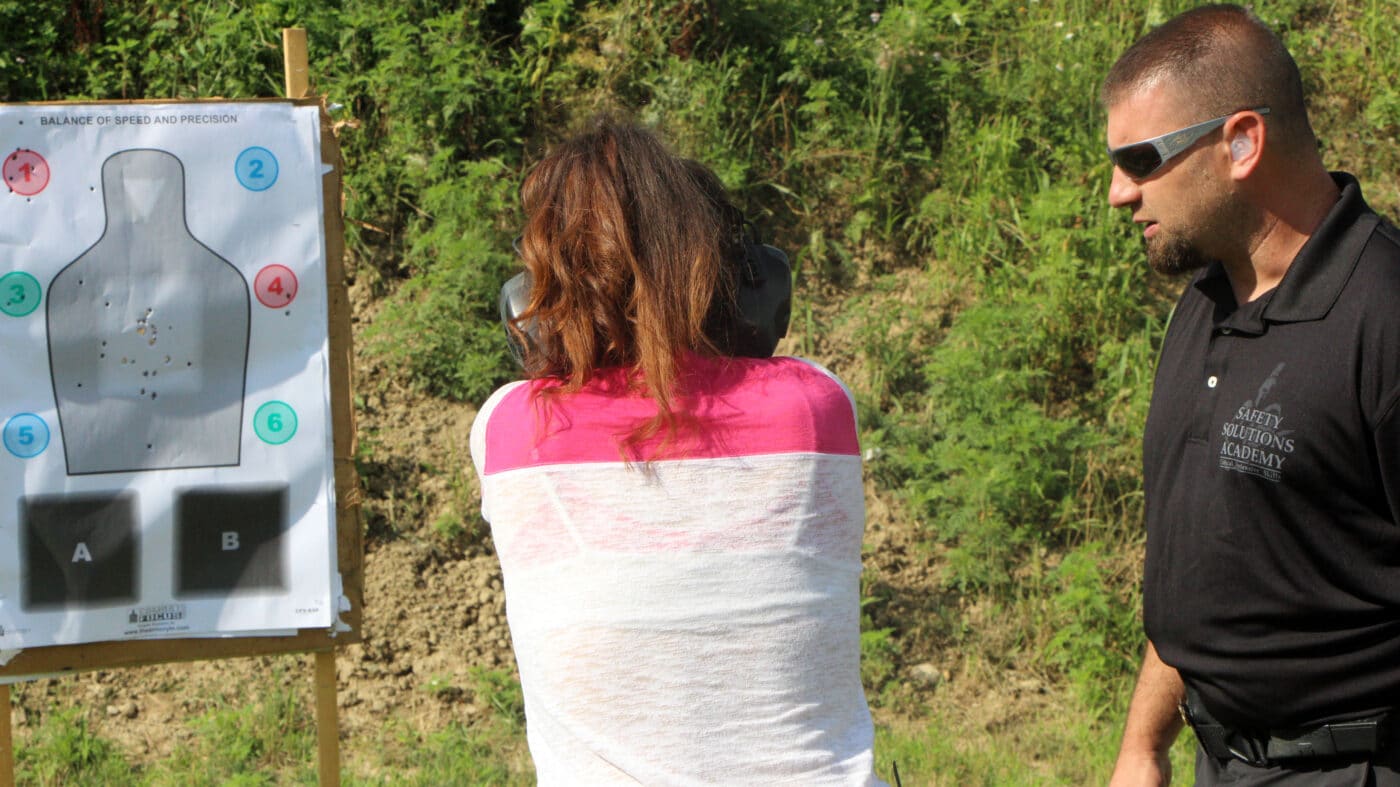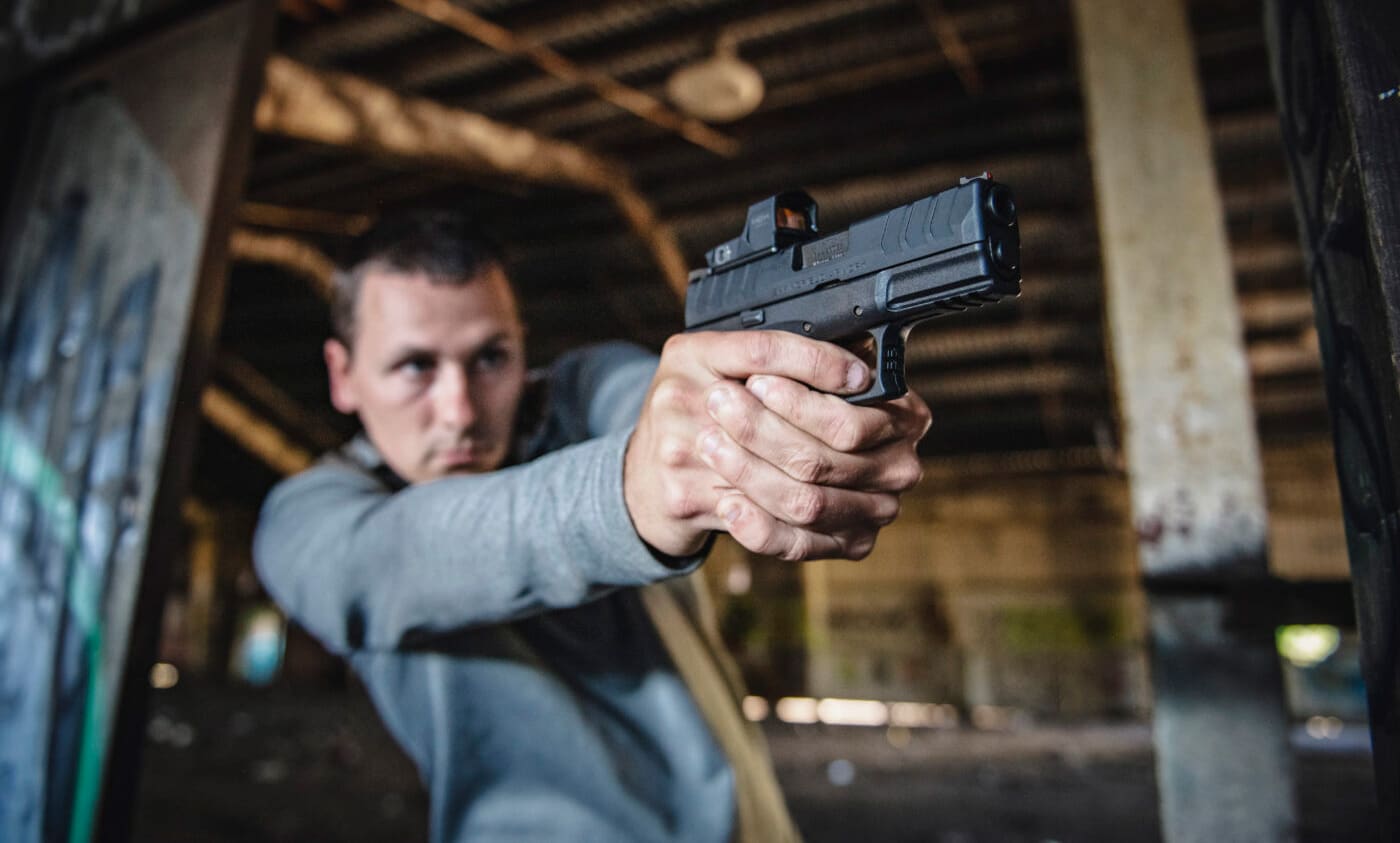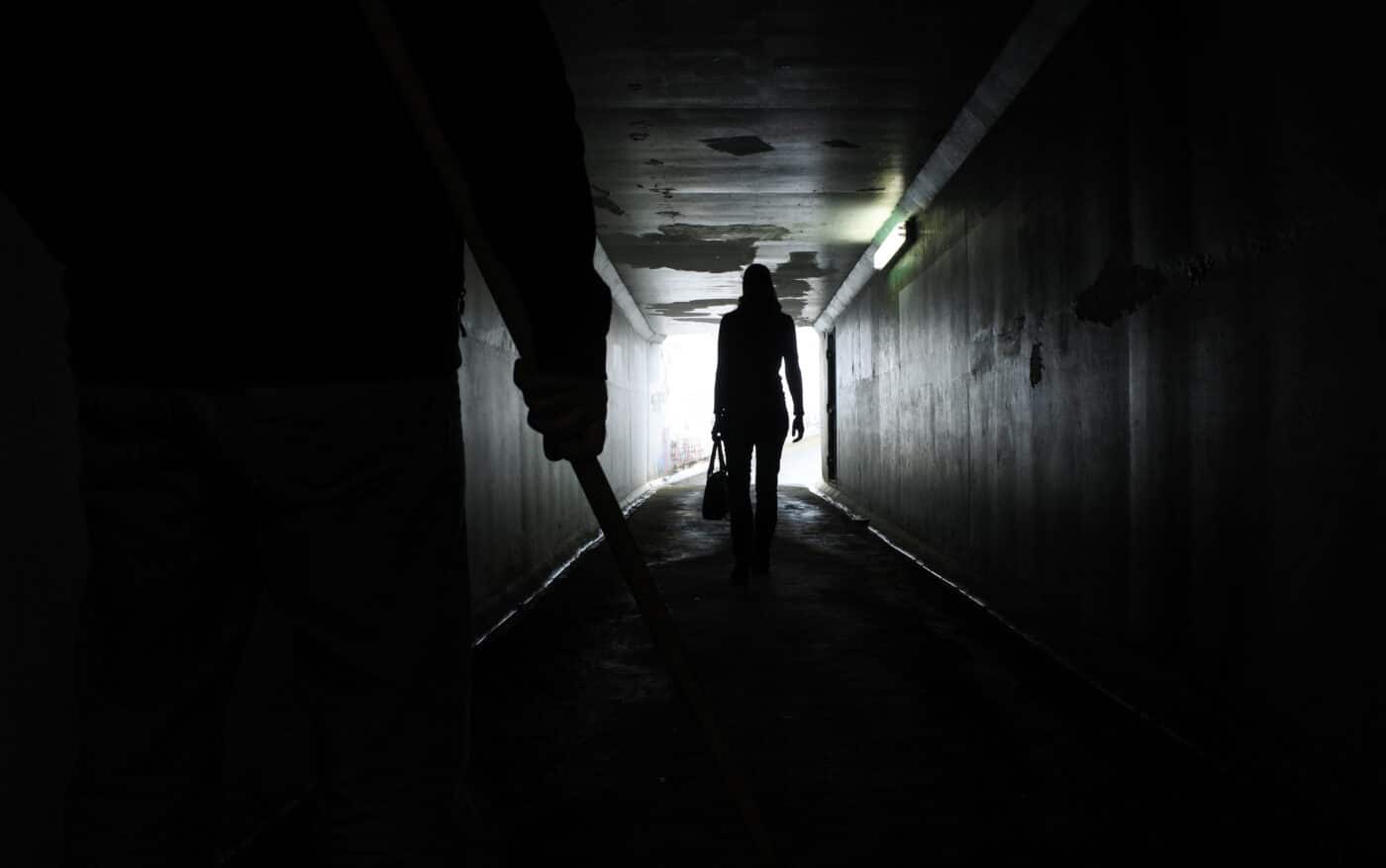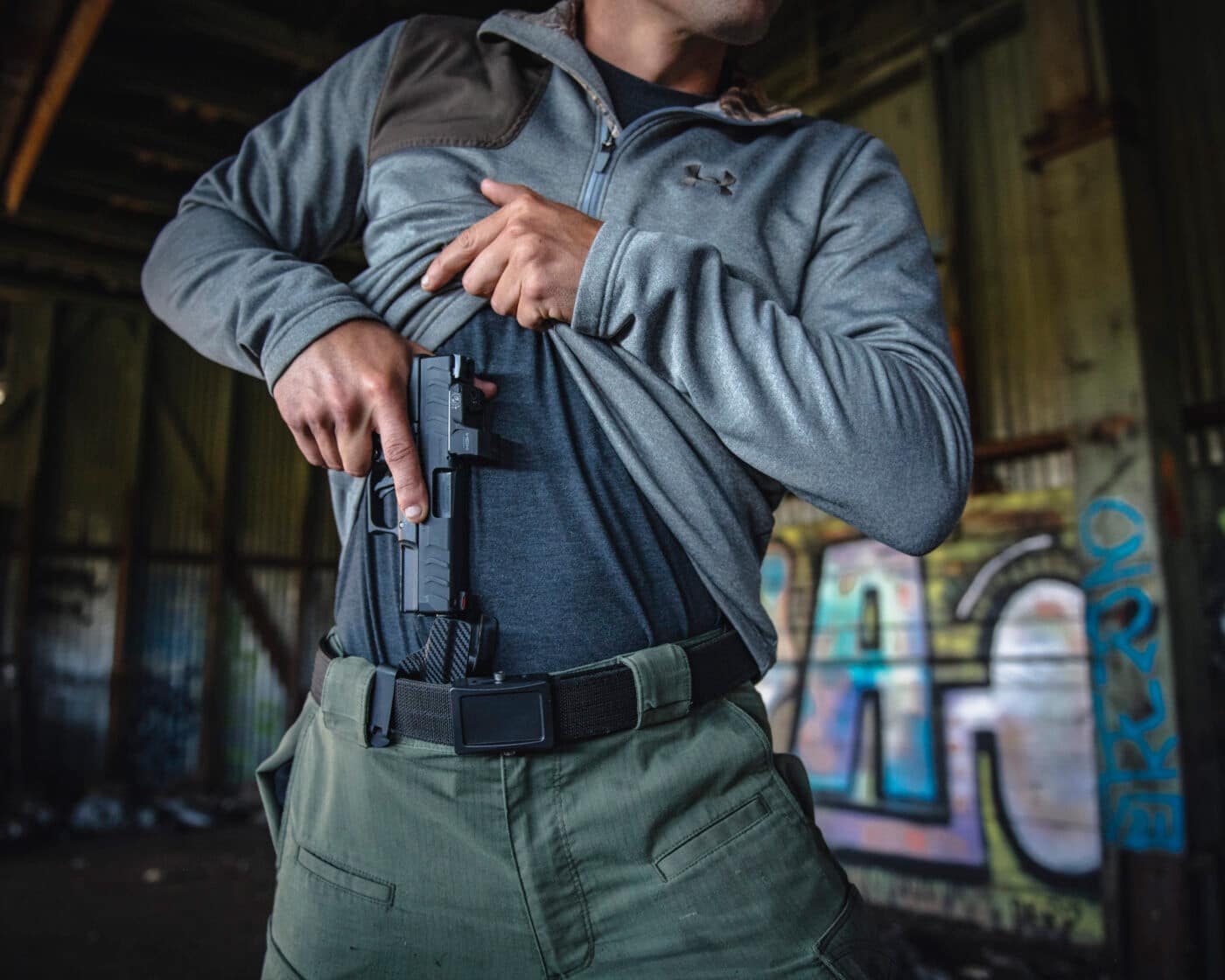You want to appear well groomed, confident and capable.
You want to relay a message to the interviewer that you are the right candidate for the position.
When a criminal interviews you to be his victim, what message are you conveying?

Predator Interviewing
You may not realize it, but criminals interview potential victims.
Often, a predator will do a quick analysis to see if you look like a good target.
I spent years as a police officer in uniform patrol.

Studying these behaviors allowed me to recognize them when I encountered them in my own life three different times.
A criminal interview generally starts with observing you.
This doesnt need to be some drawn-out process like investigators staking out a suspects hideout.

For example, are you walking through a parking lot with your head up and looking around?
Or are you staring at your phone and seemingly oblivious to your surroundings?
Often, the criminal will use a seemingly innocent question to gauge your reaction.

For example, he might ask Have you got a cigarette?
or Do you have the time?
Essentially, your mind gets stuck on the question and has a delayed ability to process being attacked.

Some readers may recognize this as getting inside someones OODA Loop.
OODA stands for Observe, Orient, Decide and Act.
That simple question you are asked can send your brain down one decision making path.

This might mean you are caught flat-footed and well on your way to being victimized.
Avoidance of likely trouble spots only gets you so far.
When you are going about your regular day, you should walk with a purpose and appear confident.
Keep your head up and be looking around.
When you are sweeping the area with your eyes, practice observing people.
The more you consciously watch people the better you will become at spotting unusual behavior.
A criminal who sees someone who looks alert and confident will likely select a different victim to pursue.
Even so, a particularly brash criminal may still approach and begin the interview process.
Yet, this is a common technique a criminal can use to determine if you are a soft target.
This does several things.
First, it communicates that you are not an easy target.
Secondly, it alerts other people in the area to danger.
One afternoon, I needed something at Home Depot.
So, I loaded my young kids into the car and off we went.
In fairness, I probably looked like an easy mark.
I was bleary-eyed and not paying close attention to what was going on around me.
Additionally, I was carrying a toddler and taking another small child by the hand.
Im sure I did not look like an off-duty cop.
I stopped to snag a shopping cart from a row that was some 50 feet from the front doors.
As I turned around from putting my youngest in the cart, a man skidded up on a bicycle.
The subject said, Give me a cigarette.
On that day, I was pocket carrying.
He hesitated, and I knew I had disrupted his plan.
I again shouted, Get away from us!
In a heartbeat, the understanding of a role reversal dawned on his face.
At a speed I did not think possible, the would-be robber fled the parking lot on his bicycle.
His eyes were wide each time he glanced back to confirm I wasnt chasing him.
My tiredness likely increased the odds I would be selected for victimhood.
As I stated previously, not every stranger who asks you a question does so with hidden malice.
You should always look at the totality of the circumstances.
What can you reasonably articulate about the subjects actions?
Study human behavior and learn to articulate what you see.
This awareness is one of the keys to avoiding and prevailing in a violent encounter.




